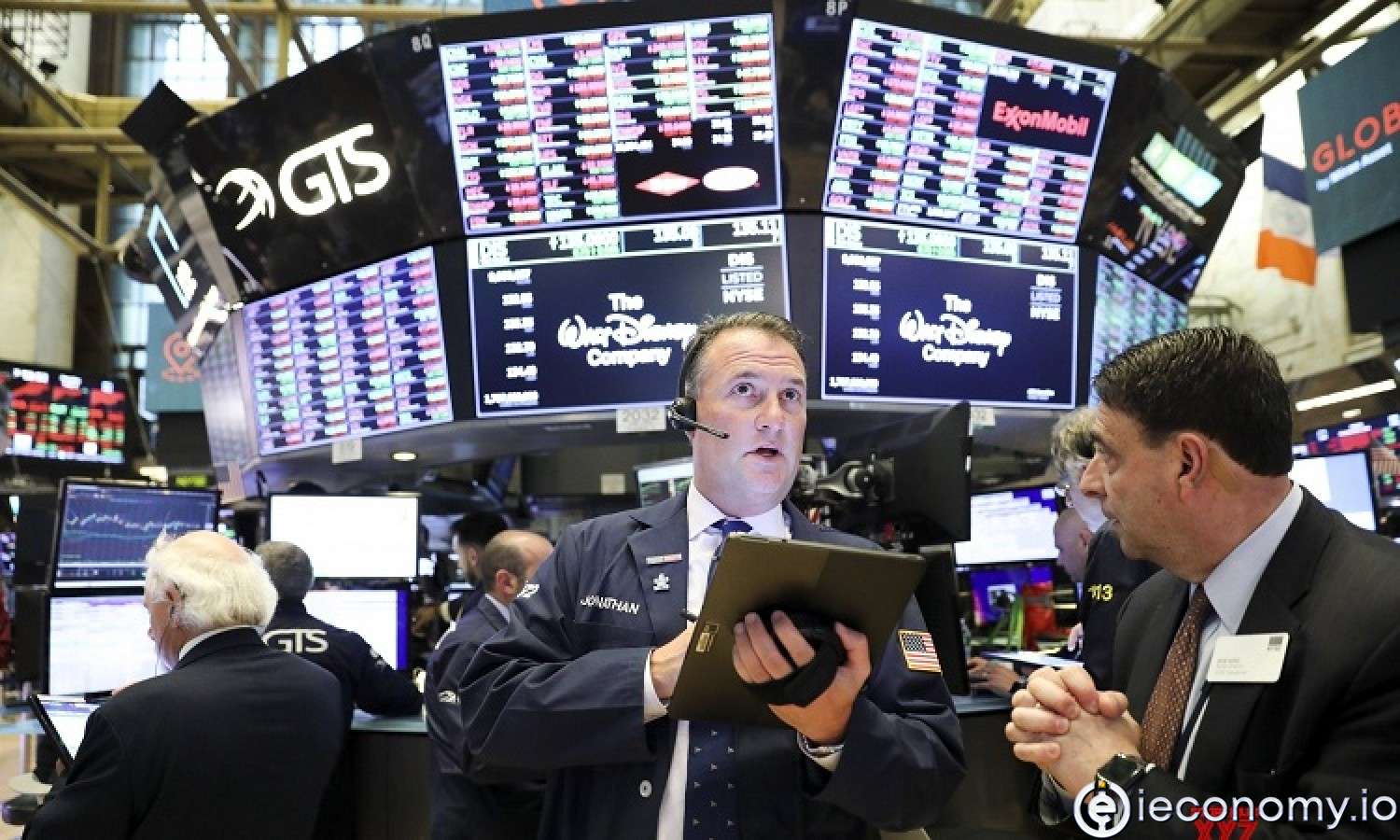10076
0
The US stock market has risen to new highs on Wednesday
The US stock market has risen to new highs on Wednesday. The central bank's announcement was in line with expectations.

Yazar: Tom Roberts
Yayınlanma: 5 Kasım 2021 05:29
Güncellenme: 3 Mart 2026 01:40
The US stock market has risen to new highs on Wednesday
The U.S. stock market rose to record highs on Wednesday after the Federal Reserve announced that it would begin to cut emergency aid to the economy since the coronavirus pandemic broke out. The central bank's announcement was in line with market expectations. "The announcement of a reduction in bond purchases has already been largely included in stock prices and should come as no surprise to anyone," said Chris Zaccarelli of the Independent Advisor Alliance. The S&P 500 index rose 0.6 percent to 4,660.57 points. Shares of technology companies and companies that are directly dependent on consumer spending contributed significantly to the growth of the index. The Dow Jones Industrial Index gained 0.3 percent to close at 36,157.58 points, and the technology Nasdaq rose one percent to 15,811.58 points. Small business stocks outperformed the rest of the market, indicating that investors expect the economy to grow. The Russell 2000 Small Business Index rose 1.8 percent to 2,404.28 points. Asian stock markets rose on Thursday. The main Japanese index Nikkei 225 gained almost one percent, the Hong Kong Hang Seng index rose by 0.67 percent and the index of the Chinese stock exchange Shanghai Composite gained 0.8 percent. European stocks reached new highs on Thursday for the fourth day in a row. The mood in the markets was supported mainly by Wednesday's decision of the US Federal Reserve. The pan-European STOXX Europe 600 index improved by 0.5% and reached 484.03 points. Real estate titles have strengthened significantly. The EuroStoxx 50 eurozone blue-chip index was up 0.42% to 4327.99 points. After opening, the key German index Dax reached a record 16,050.60 points. He later lost part of his profits and was up 0.25% to 15,999.61 points. The main French CAC 40 index was by 0.44%, the Italian FTSE MIB by 0.40%, the Spanish IBEX 35 by 0.50% and the British FTSE 100 by 0.39%. The European Central Bank (ECB) also signaled on Wednesday that it is unlikely to start raising interest rates next year.İLGİLİ HABERLER





European stocks soared and focus shifted to German retail sales after Powell's speech!

Forex Signal For TRY/USD: Inflation Slowdown in November.

Forex Signal For GBP/USD: Bullish Trend Still Not Breaking While Recovery Continues.

Forex Signal For EUR/USD: Starry US Data Points to Higher Fed Increases.

Forex Signal For BTC/USD: Downside Continues as Bitcoin Recovery Moves Less.
En Popüler Haberler
Yorum Yap
Yorumlar
Henüz yorum yapan yok! İlk yorumu siz yapın...